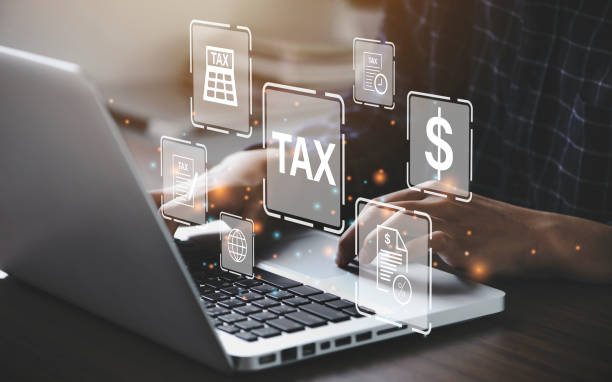Each year, millions of people leave money on the table when filing their taxes. Whether it’s due to missed deductions or simple filing mistakes, small oversights can add up to big losses. The good news? There are clear, proven strategies you can use to make sure you’re getting every dollar you’re owed. In this article, we’ll break down smart, practical ways to boost your refund and avoid common pitfalls.
Know Which Credits You Qualify For
One of the easiest ways to increase your refund is by claiming all the tax credits you’re eligible for. Tax credits reduce your tax bill dollar for dollar and can have a significant impact on your refund.
Some common credits include the Earned Income Tax Credit (EITC), the Child Tax Credit, and education-related credits like the American Opportunity Credit. Even if your income is moderate or low, you might still qualify for one or more of these credits.
Don’t assume you’re not eligible. Review each credit carefully, or ask a professional to check for you.
Track Every Deductible Expense
Deductions work differently than credits—they reduce your taxable income. The lower your taxable income, the smaller your tax bill, and the higher your potential refund.
Some common deductions include mortgage interest, student loan interest, and charitable donations. If you’re self-employed, you can deduct business expenses like supplies, travel, and a portion of your home if you work remotely.
Keep receipts and records all year. The more organized you are, the easier it is to take full advantage of available deductions.
File Early and Avoid Errors
Filing your return early gives you several advantages. It reduces the risk of tax fraud, gives you more time to fix any issues, and can get your refund to you faster.
Accuracy is just as important as timing. Simple errors—like entering the wrong Social Security number or forgetting to sign—can delay your refund. Triple-check your information or use reliable filing software.
If you’re not confident in your math or understanding of tax rules, don’t guess. Mistakes can lead to audits or lost money.
Use Direct Deposit for Faster Refunds
Once you file your return, how you receive your refund can also impact timing. The IRS strongly recommends using direct deposit.
It’s faster, safer, and more reliable than getting a paper check. You can even split your refund into multiple accounts—like checking, savings, or a retirement fund.
Make sure your bank info is entered correctly. A typo in your routing or account number can cause long delays.
Review Life Changes That Affect Taxes
Major life events can affect your tax situation. Getting married, having a child, buying a house, or changing jobs all impact how much you owe or receive.
Each year, review what’s changed in your life. Adjust your tax strategy accordingly. For example, having a child may qualify you for new credits, while changing jobs might mean you need to update your W-4.
Planning ahead keeps your taxes in line with your current life stage and helps avoid surprises at filing time.
Consider a Tax Preparation Service
For those with more complex tax situations—such as freelancers, small business owners, or people with multiple income streams—filing can get tricky. A tax preparation service can help you uncover deductions and credits you might otherwise miss.
Professional preparers are trained to catch details that software might overlook. They can also offer advice on how to structure your finances for future tax savings. While it may cost more upfront, the value in time saved and refunds gained often outweighs the expense.
Don’t Wait Until the Last Minute
Procrastination is a refund killer. The longer you wait, the less time you have to gather documents, correct mistakes, or plan smartly.
Start preparing your documents as early in the year as possible. Set calendar reminders and build a habit of updating financial records monthly.
Getting ahead puts you in control and ensures you aren’t rushing through important decisions.
Plan for Next Year Starting Now
Tax planning isn’t just for tax season. The most successful filers think about taxes year-round.
Adjust your withholdings if you received a large refund or owed a lot. Start tracking deductions now, not next January. Keep a digital folder for receipts, invoices, and financial records.
When tax season comes around again, you’ll be ready—and your refund will thank you.
Final Thoughts
Getting a larger tax refund isn’t about gaming the system. It’s about being informed, prepared, and strategic. Small steps—like understanding credits, avoiding mistakes, and keeping good records—can lead to big returns.
Whether you do your taxes yourself or hire help, staying proactive is key. The sooner you start, the more you stand to gain.









